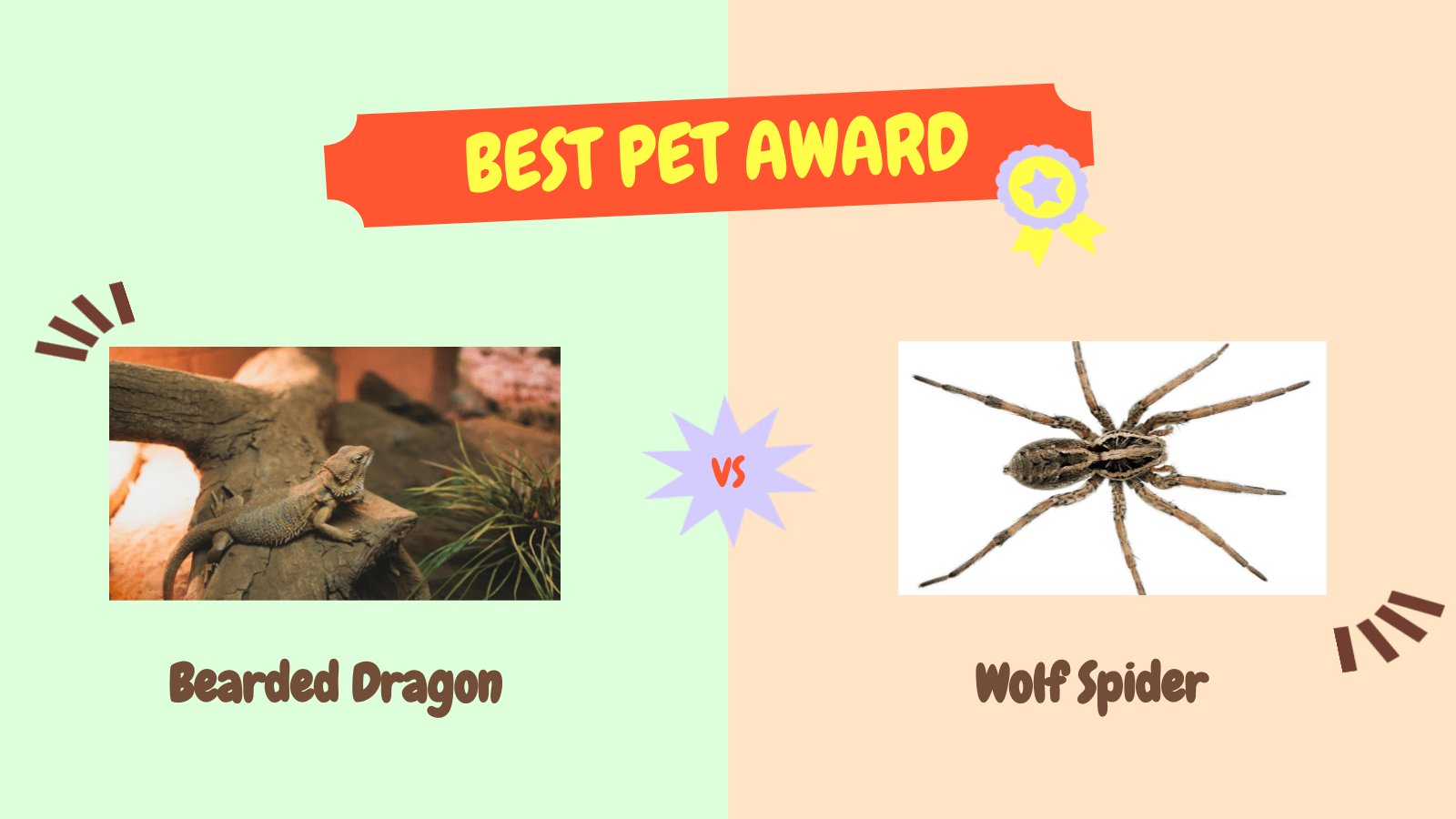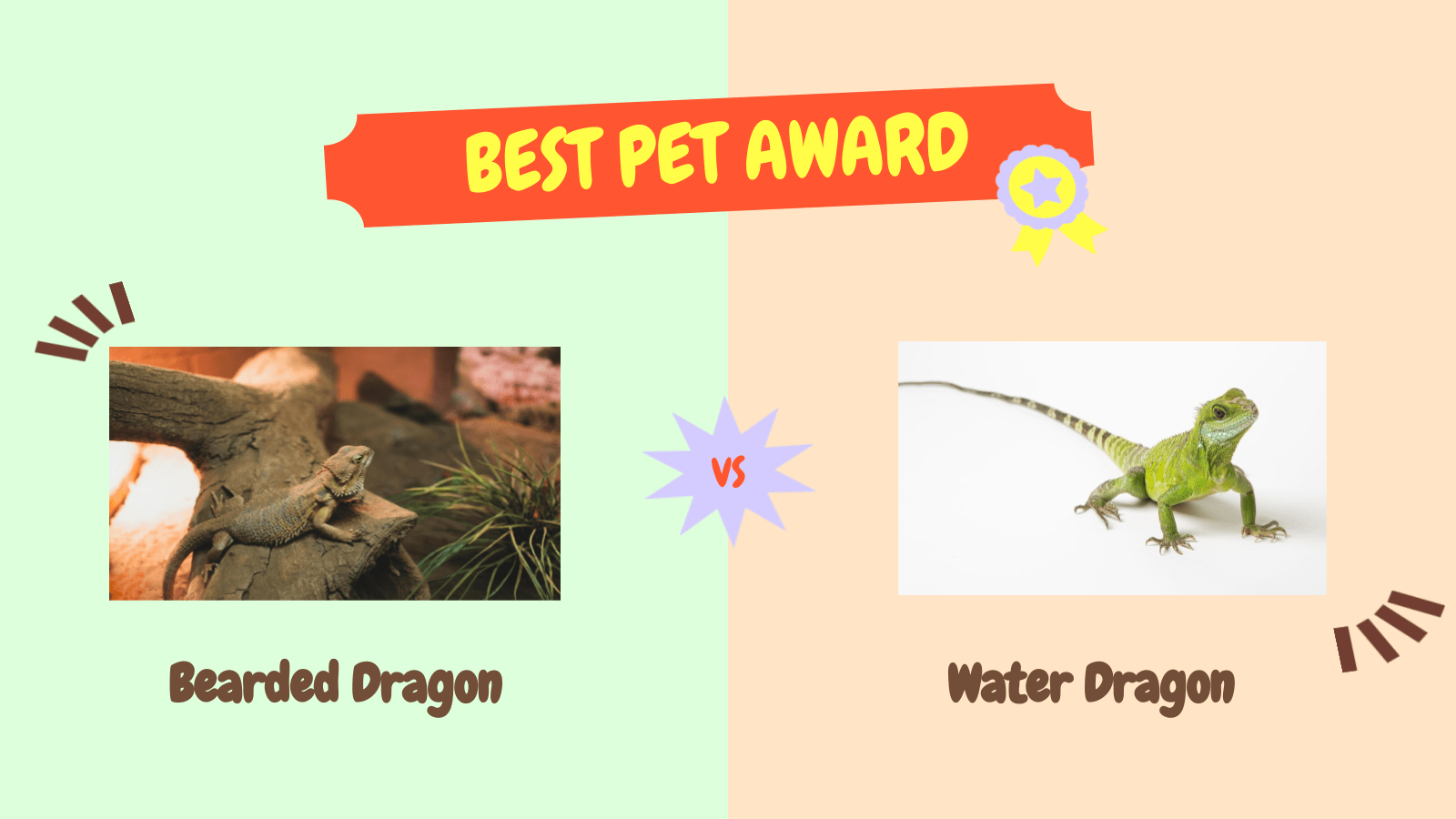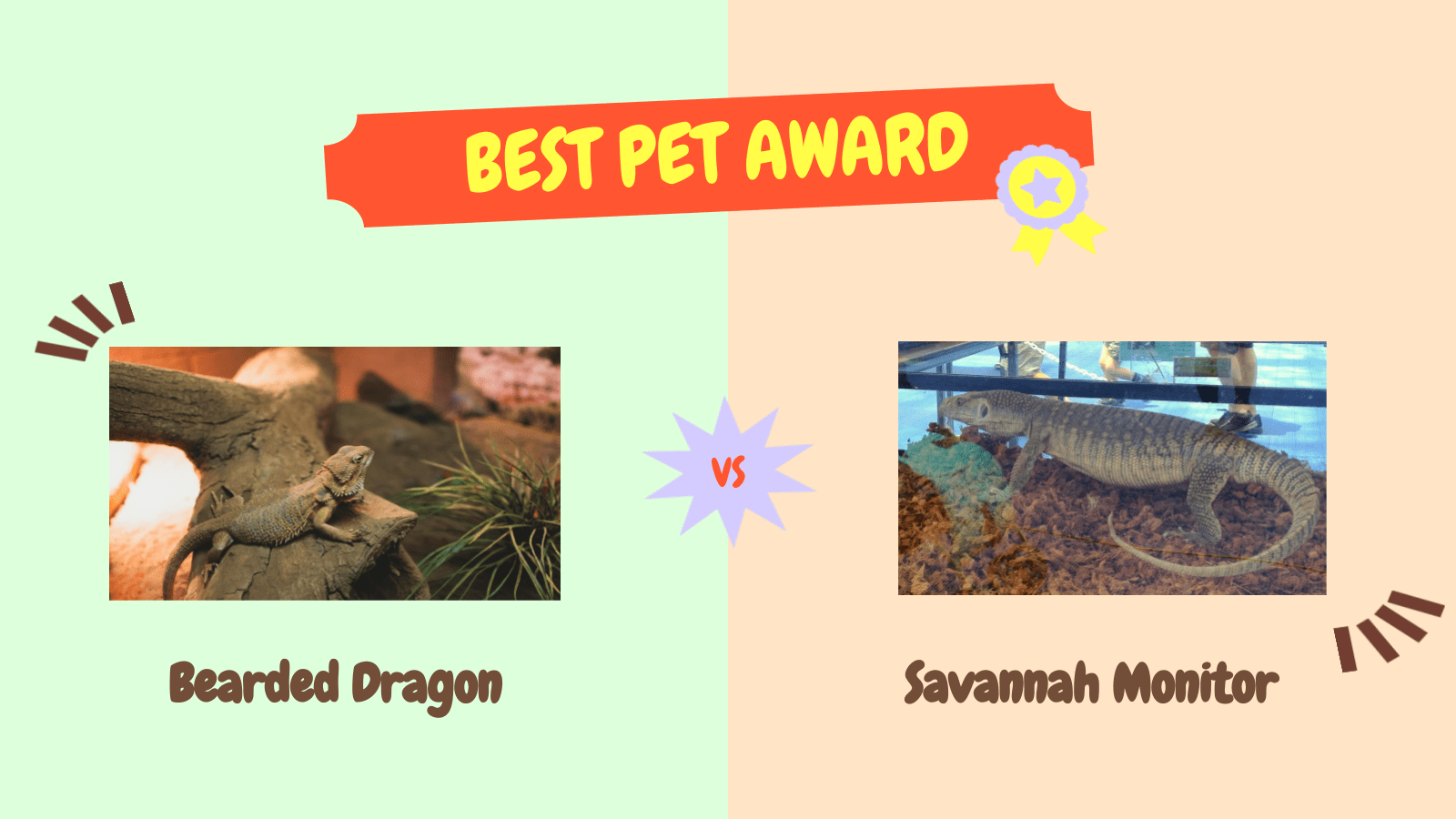Having a pet bearded dragon comes with its unique challenges. One concern you might face is them refusing to eat or poop. This behavior can understandably cause worry.
It’s crucial to learn about potential causes to address the issue promptly. We’ll explore why this might be happening and the steps you can take to help your bearded dragon.
5 Probable Reasons for Your Bearded Dragon’s Lack of Eating and Pooping
- Brumation
Your bearded dragon might be in a state of brumation, which is a dormant period similar to hibernation. This can lead to decreased appetite and less frequent pooping. - Stress
Excessive stress can cause your bearded dragon to eat less and not poop regularly. Changes in environment, temperature fluctuations, or lack of hiding spots can contribute to stress. - Inadequate Diet
An improper diet can be a major reason for your pet’s lack of eating and pooping. Bearded dragons need a balanced diet of vegetables, fruits, and insects for healthy digestion. - Parasites
Parasites can seriously affect the appetite and digestion of your bearded dragon. If you notice other symptoms like lethargy or weight loss, consult a vet immediately. - Illness
An underlying illness might be the reason your bearded dragon is not eating or pooping. Symptoms of illness can include abnormal behavior, weight loss, or changes in skin color.
How to Stimulate Eating and Pooping in Your Bearded Dragon
Understanding your bearded dragon’s eating and pooping habits is crucial for its well-being. If you’re noticing a lack of activity, there are several ways you can stimulate its appetite and digestive system.
Firstly, ensure your pet’s environment is at the right temperature. A cooler environment can slow down digestion, so keep the enclosure between 95 and 110 degrees Fahrenheit during the day and around 70 degrees at night.
Next, consider its diet. Incorporating a varied, nutrient-rich diet can stimulate eating. Live insects, vegetables, and fruits should make up a substantial part of their meals.
If the issue persists, you can also try a warm bath. This not only helps with hydration but can also encourage digestion, leading to more frequent pooping.
However, please remember, if your bearded dragon continues not to eat or poop, seek advice from a vet. Changes in behavior may indicate other health issues. Therefore, don’t hesitate to get professional guidance to ensure your pet’s well-being.
To further extend your knowledge about bearded dragons, here are a few more to explore:
- Why Are My Bearded Dragon’s Eyes Puffy?
- Why Does My Bearded Dragon Feel Cold To Touch?
- Why Is My Bearded Dragon Clinging To The Glass?
Each post offers in-depth insights, giving you all the details you need to take good care of your beardie.
Remember to research and prepare for your pet’s specific needs, and you’ll have a happy and healthy companion for years to come.
Happy pet-keeping!


